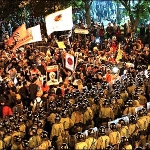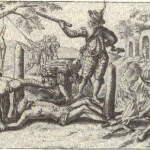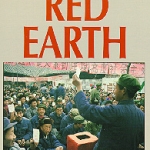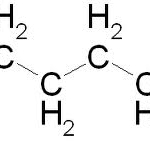
Extracts from and comments on Ho-fung Hung’s article on class relations in Hong Kong politics, “Uncertainty in the Enclave,” in the new issue of New Left Review. I focus on working class formation and resistance in the 1950s-1960s, and the recent revival of HK’s anti-authoritarian left through mobilizations against the WTO and urban renewal evictions, and as part of the left wing of HK’s democracy movement, whose distance from the right wing seems to grow as life becomes more precarious for much of HK’s younger population.

English translation of classic essay by Wen Tiejun: “While analyzing the concept of modernization, the article also explores the path, approach, and objective of modernization in China. Through the examination of the historical development of Western European countries, the author points out that modernization in the West was in fact a process of capital formation and expansion by way of colonization. Under the current international political and economic circumstances, this path of development cannot be replicated. By examining the reality of developing countries, the author discovers that the “modernization ” path of development represented by a high national income and a fast rate of urbanization cannot solve the widespread problem of “the three big disparities” (between incomes, urban and rural areas, and regions). The author points out that the vulgar (cufangshi) economic growth caused by the capitalization of resources is not the only objective we strive to achieve. Modernization in China should instead ground itself in the basic situation of a country with a large population and a severe shortage of resources, and it should adopt a scientific approach in striving to realize “the five overall considerations” (tongchou).”

John Lowrie criticizes my alleged use of the concept of “state capitalism” to analyze Mao-era socialism and the “people’s commune” system (in my review of Red Earth by Stephen Endicott, published issue #3 of China Left Review), and he proposes an alternative program for the transition to communism. Here I respond to both comments, clarifying the position introduced in my review.
China ‘would accept’ Korean reunification:
Sophisticated Chinese officials XXXXXXXXXXXX stood in sharp contrast to Wu [Dawei, Chinese chief delegate at the Six-Party Talks], according to [south Korean vice foreign minister] Chun [Yung-woo]. XXXXXXXXXXXX Chun claimed XXXXXXXXXX believed Korea should be unified under ROK control.XXXXXXXXXXXX, Chun said, were ready to “face the new reality” that the DPRK now had little value to China as a buffer state — a view that since North Korea’s 2006 nuclear test had reportedly gained traction among senior PRC leaders. … Chun argued that, in the event …

In March 2010, a SACOM research team went to investigate the massive poisoning case at United Win (China) Technology Ltd., a subsidiary of Wintek Corporation in Suzhou, Jiangsu Province, China.
In mid-2009, there were rumours about workers being poisoned. The poisoning cases were only confirmed after a strike erupted before the Lunar New Year in 2010. Forty seven workers were confirmed poisoned by a chemical called n-hexane which the workers used to clean iPhone screens. In other words, the tragedy is directly linked to Apple. As of mid-September, some workers complained they had not fully recovered and they had symptoms of relapse. Despite the severity of the incident, Apple neither gave a public account of the tragedy nor any remediation measures to the victims for its failure to implement the code of conduct (CoC). SACOM issued an investigative report titled Apple Owes Workers and Public a Response over the Poisonings in May 2010 in response to the incident.